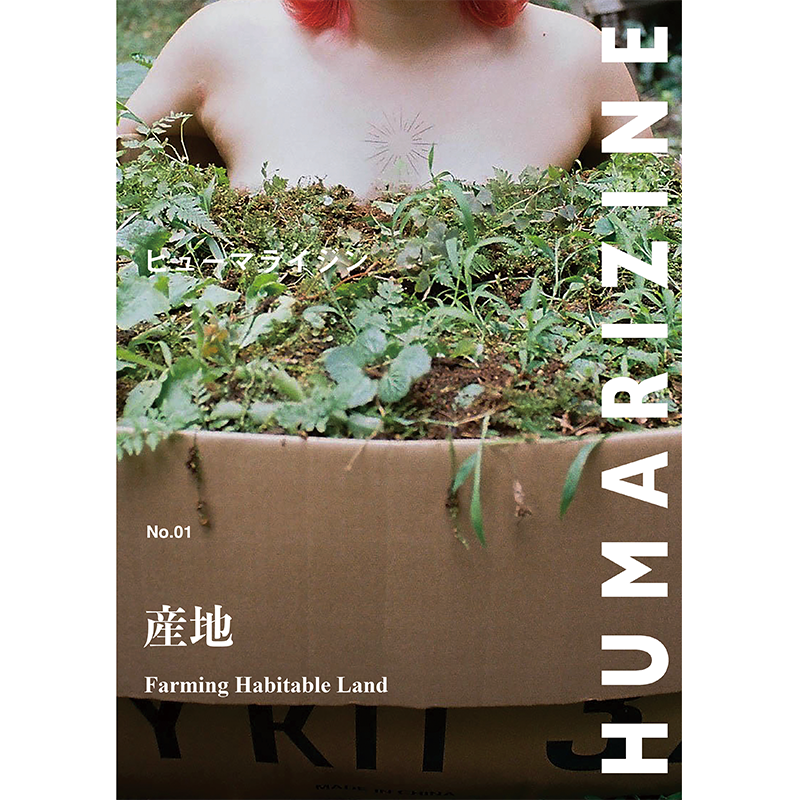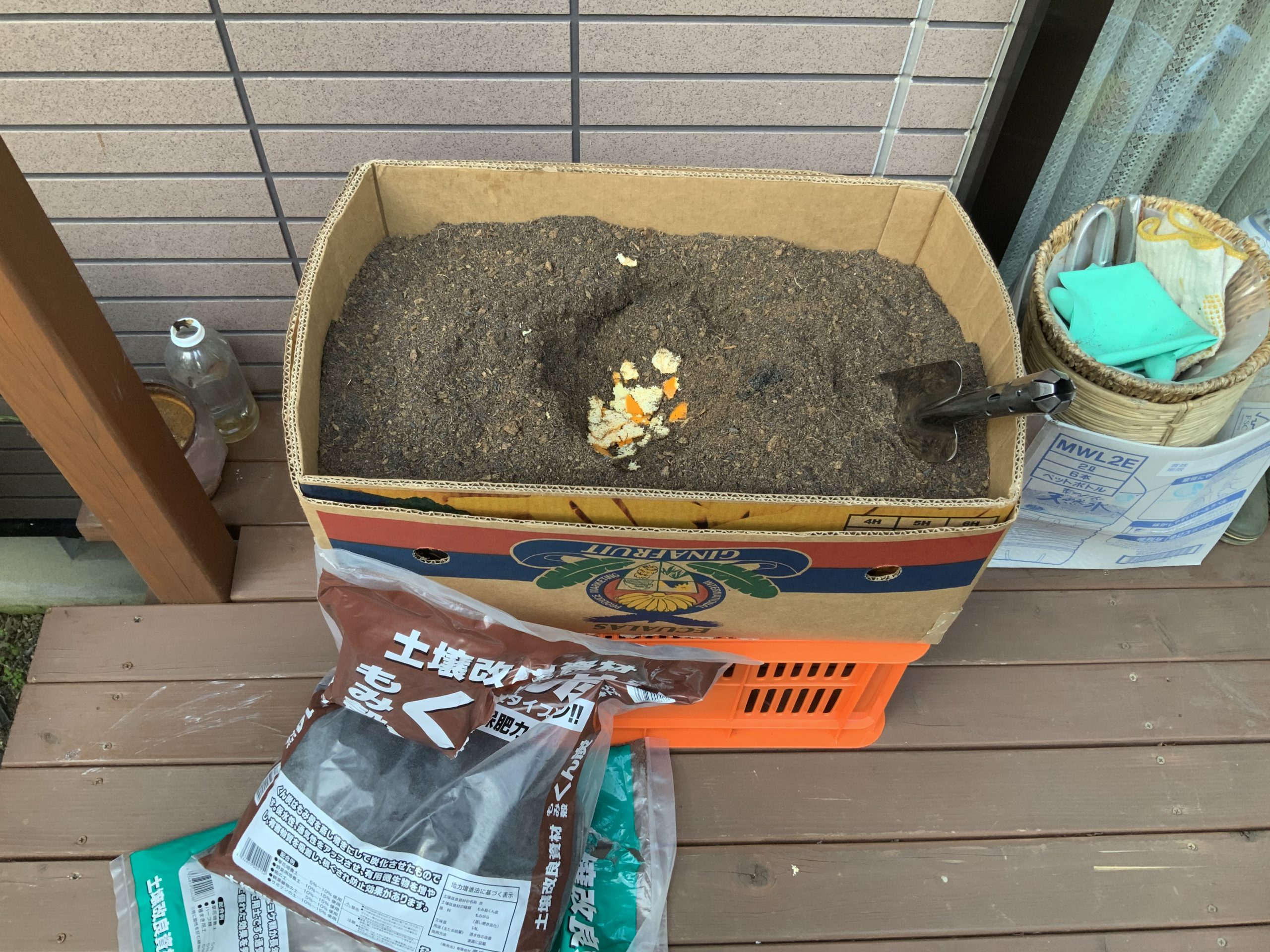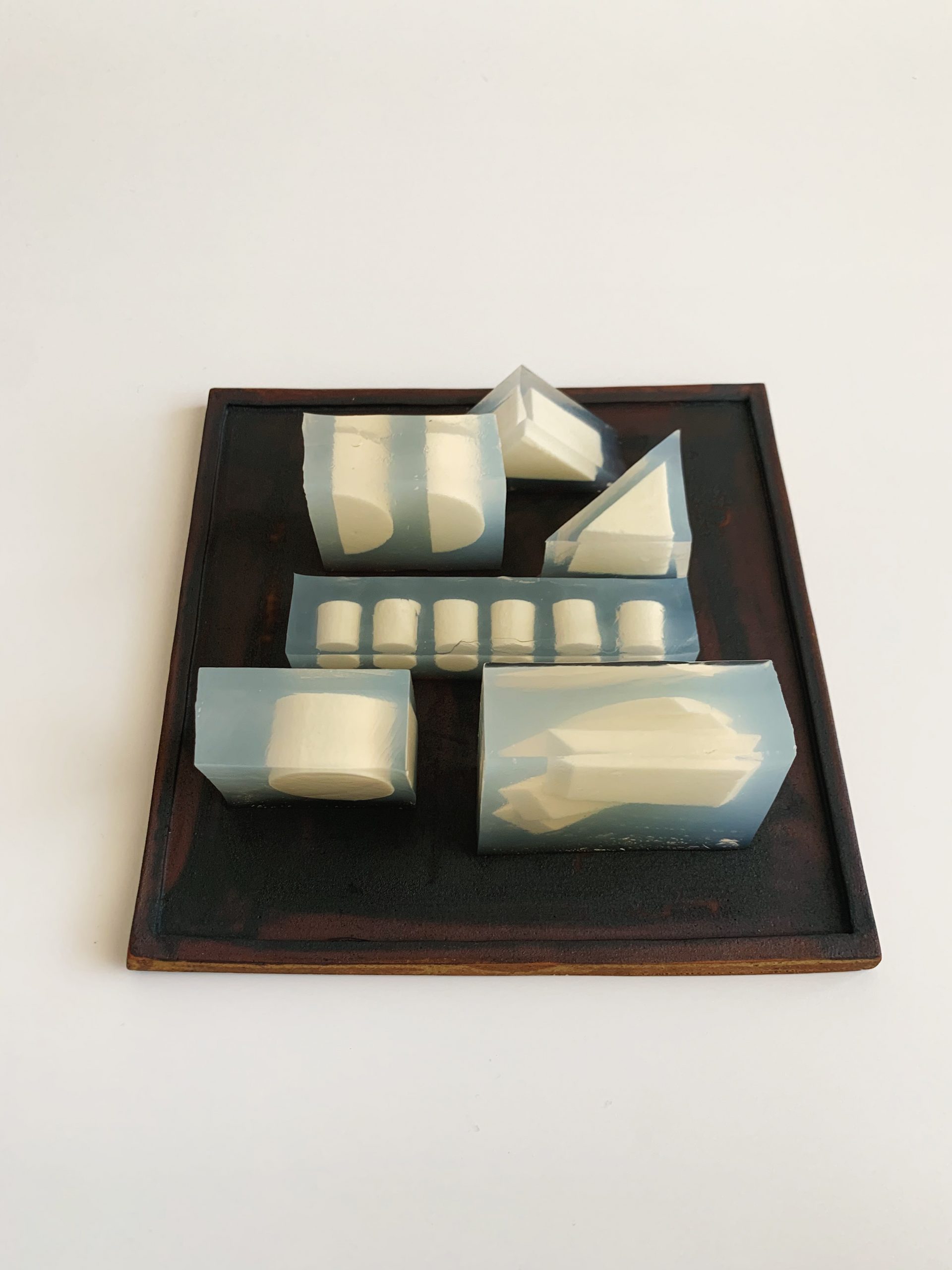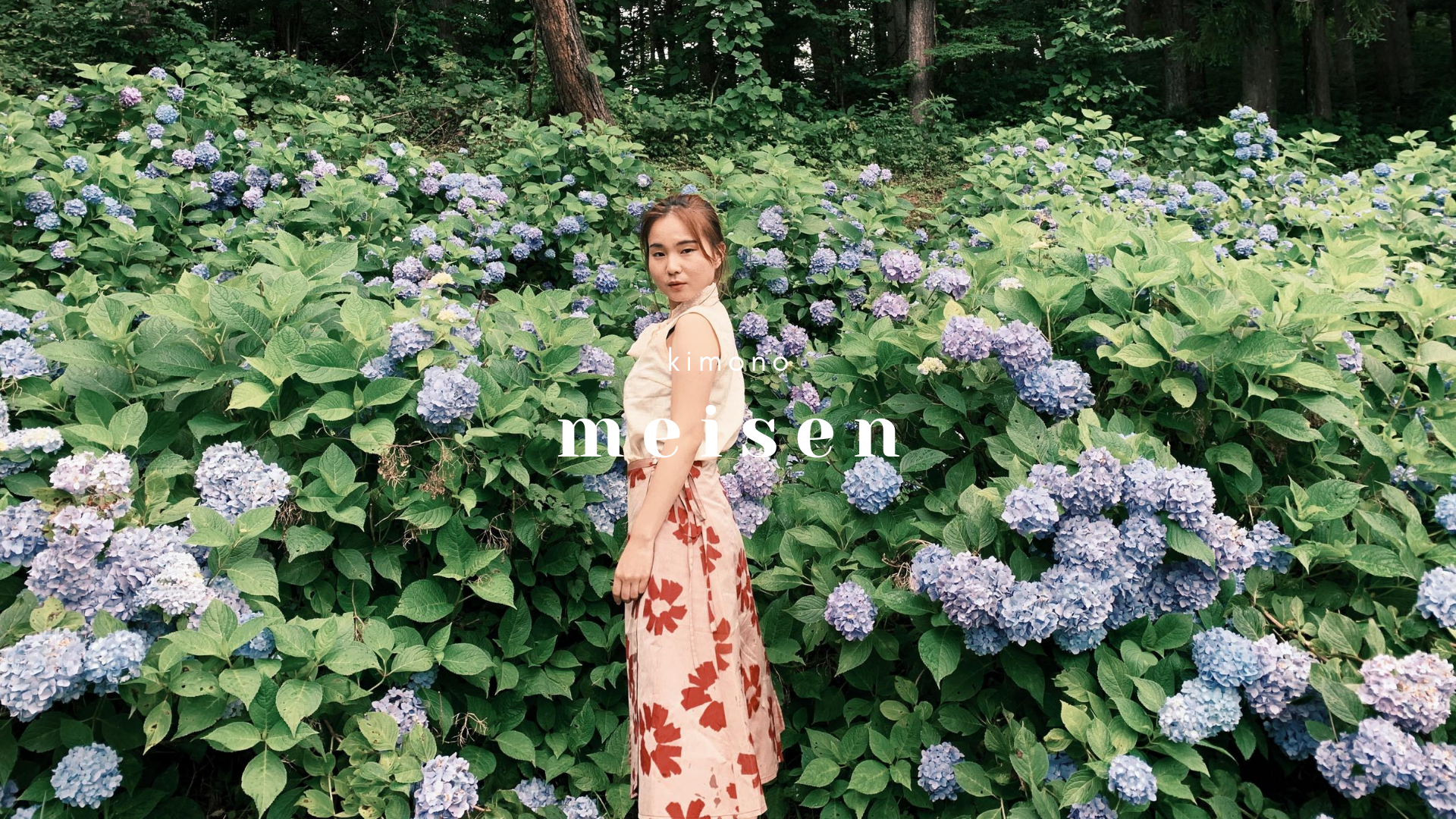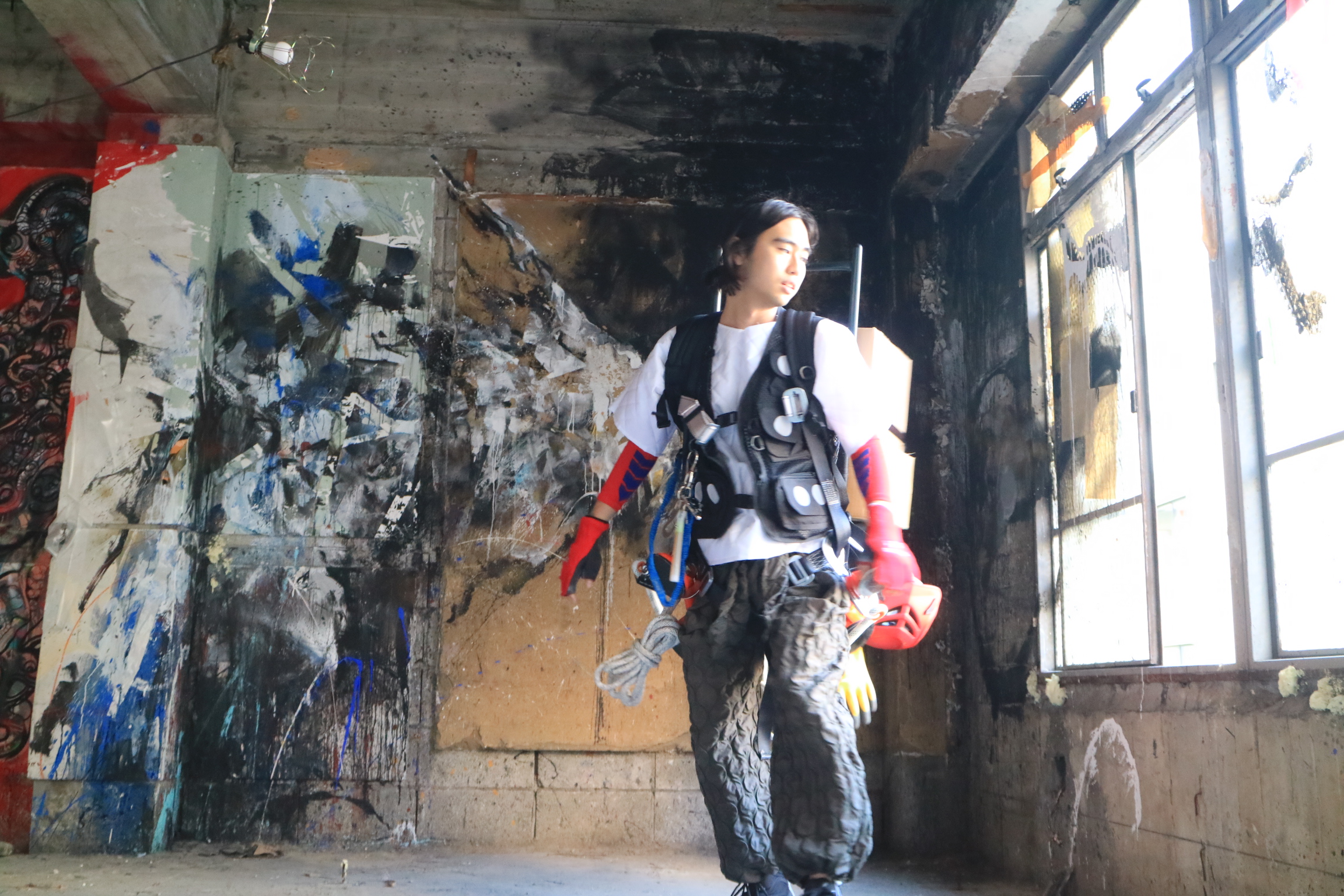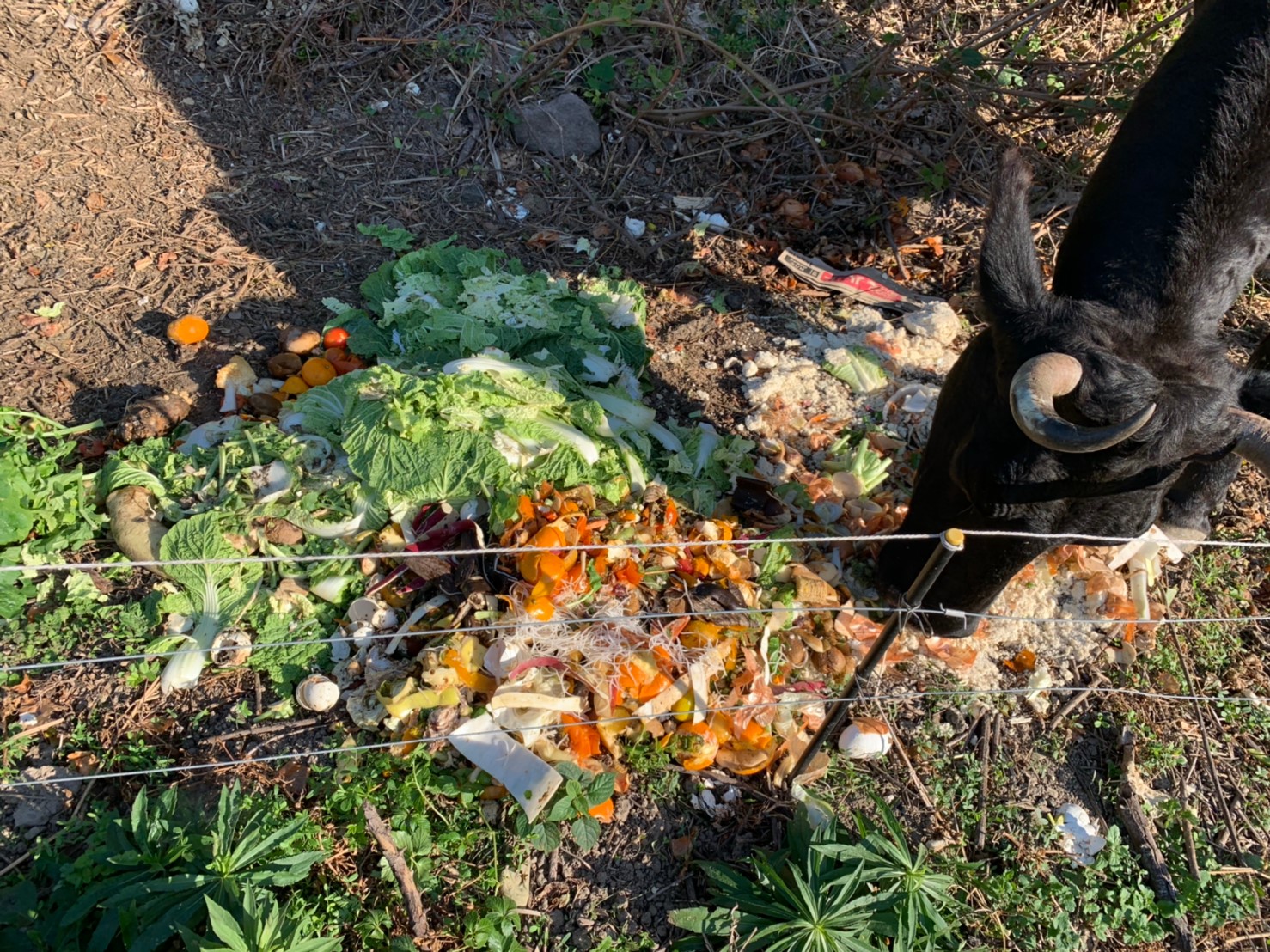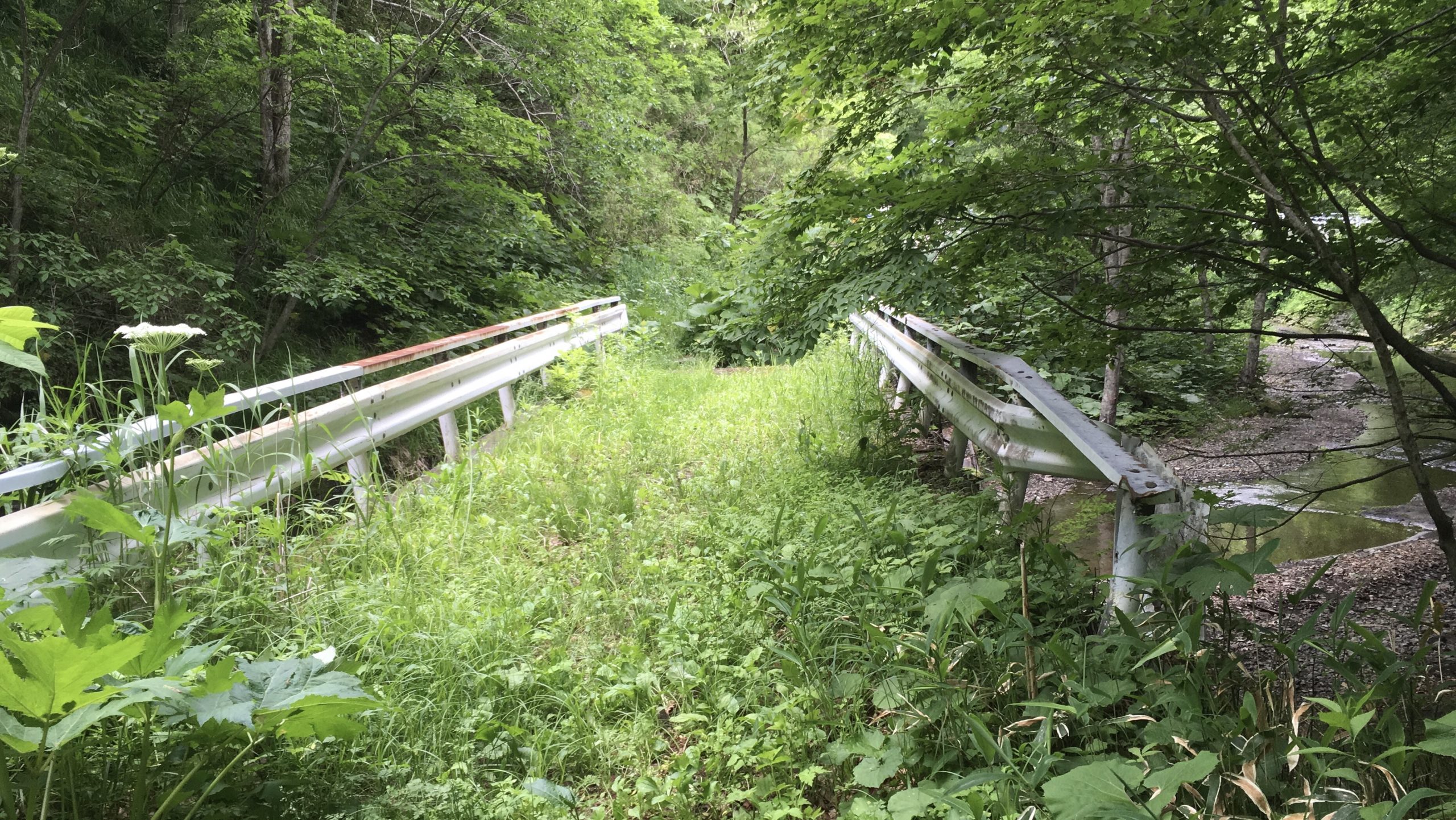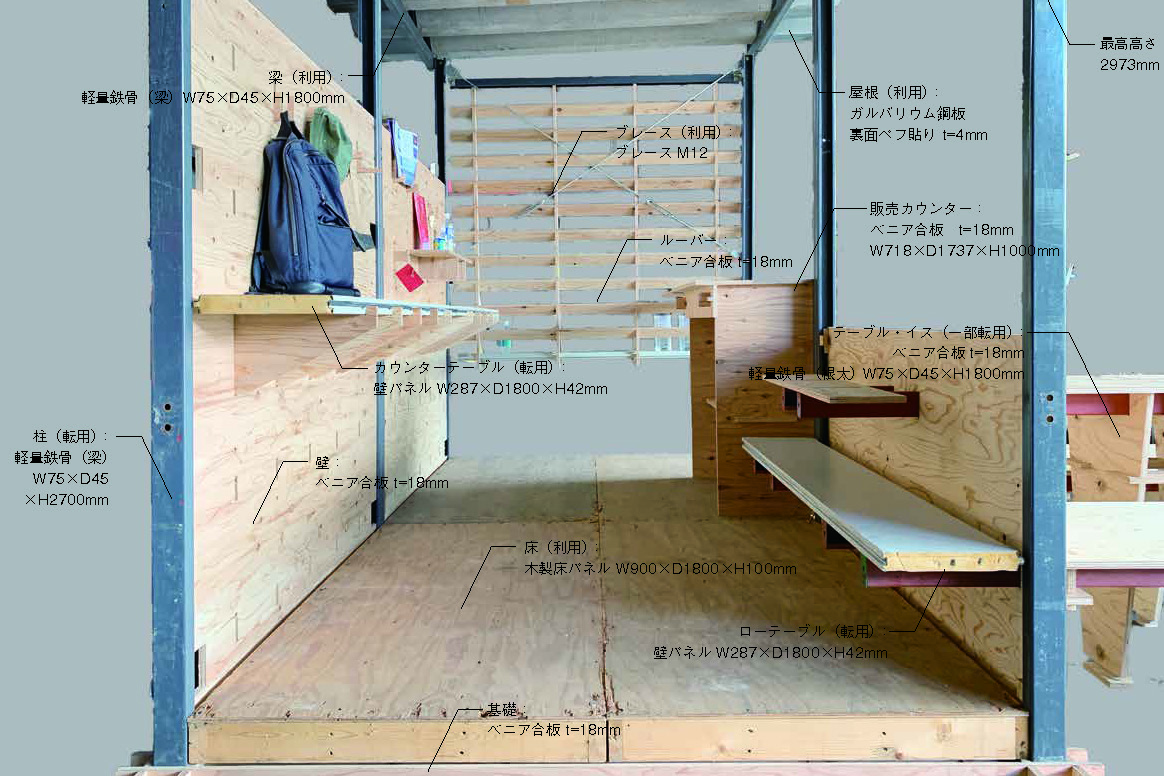On Envisioning ”ORIGIN: Farming Habitable Land
Taiga MatsuokaLast summer, we started “HUMARIZINE” as a completely new project. In No.00 we explored our physicality and what it is to be human, through the theme “Lies”. Sadly, the content of our previous issue’s introduction is now more relevant than ever, serving as a bitter critique in light of recent situations in Japan. It’s like RC Succession’s Summertime Blues.
We established HUMARIZINE as a community to survive in such a tragic modern age. You could say we decided to launch it to save ourselves, rather than for someone else. The sense of urgency that I felt a year ago is heightened by the turmoil caused by this year’s Covid-19 pandemic. We are plagued by the fear that any day our family or ourselves could get infected, and the fear that humanity could virtually go extinct in a few decades time. I want to start thinking about this issue from the ground that we stand on, which is shaking unstably.
Our lives have turned into a crisis amidst the pandemic. Masks, sanitizers, and even toilet paper disappeared from drug stores. Going out without a mask went beyond the realms of etiquette, treated like an antisocial act. I felt uncomfortable seeing, under anti-Covid measures, people gradually being deprived of their freedom guaranteeing diversity. We are now in a hyper nervous society, where we’re made to fear phantom eyes even more than the fear of protecting ourselves and others. And some of the pressurized citizens began to judge others according to their moral books, shutting out children and parents out of parks, putting pressure on restaurants to close, etc. Such aggressive acts actually create greater divisions and can seriously damage someone’s rights or life. In this kind of daily life, where our wellbeing is at risk, I think it is vital to have the physicality to use your own head, without blindingly relying on big statements.
HUMARIZINE has no plans to implement or envision a direct response to the threats of the virus. The practices and ideas featured in this issue are by friends who are tackling many non-negligible problems that existed pre-Covid from various angles. Given that most countries have taken some form of epidemiological measure against the pandemic, the problems dealt in No. 01 are comparatively more complex and need to be addressed in the longer term. Especially in this era called the Anthropocene, it is urgent that we review the various systems that humankind has created. Otherwise, many ecosystems (including humans) will suffer from unprecedented damage due to climate change and other factors. This may sound like an immense problem, but we are in a phase where we have to live with it in mind. And when facing the problem, I think it is important to create a media (ZINE) that develops discussions with companions (communities) who can bring together their ideas.
As Reipon vowed “To think and act based on physicality, such as what I feel here and now, bringing in spontaneity from the surrounding environment.” physicality as the trigger for thought is vital. This relates to people’s behaviour in the pandemic, and also to myself personally.
My research on methods of converting waste to architecture isn’t just to achieve “efficiency in resources” and “effective waste management” that is required by society. More than that, I am trying to redesign the ideal future of humans and materials. Quantifying the effects and degrees of recycling and tracing the surface of statistically derived numbers and percentages, only boxes up the discussion of the relationship between waste and humans, which must be fundamentally reviewed.
It feels similar to the situation regarding the SDGs – set up to deal with environmental problems – are used as indicators for efficient marketing for companies. I feel a sense of crisis in the situation where the appeal to the market, such as committing to the SDGs No. XX, is preceding the pursuit of true sustainability. To begin with, the SDGs are based on strong anthropocentric ideas, and the modernistic attitude of wanting to systematically control the earth for the prosperity of humankind is visible. The attitude of continuing such dualistic assumptions of human/non-human and culture/nature and justifying the control and exploitation of the “limitless” object (non-human / nature) by the subject (human / culture) is exactly what I feel should be debated now.
In the face of the current situation, I realised that the first and foremost thing for us to do was to fertilise the foundation for the trials and thoughts of HUMARIZINE. This was temporarily named “ORIGIN”(place of produce). We will be discussing a wide range of issues from individual projects to planetary issues in the magazine, publishing with the title “HUMARIZINE No.01 ORIGIN Farming Habitable Land”. I would like to look to the “ORIGIN” for clues when tackling complex problems, share them within the community, HUMARIZINE and develop them further.
To consider these, we gathered practices that provide clues in thinking about “ORIGIN” through the human body, culture and land in the first part “Practice in Our Society”. In Reipon’s “Thinking From a Combini Part-Timer Point of View: Food Waste and Circulation, then Soil and City “, through fieldwork facing food waste as a convenience store clerk, she links the role of the convenience store as an infrastructure and future city life, and develops an urban design starting from the soil hidden under the asphalt. Through “Between the Place of Food Experimentation and Academic Research” Kokaji focuses on our five senses and food on a primitive level, experimenting with both modern design techniques and classic culinary methods, in order to dynamically reconnect food and humans, facing up to many of today’s problems. In Murakami’s “Weave a Culture Locally, Through Our Field Ay”, practical wisdom born from differences is discussed, through developing a brand overcoming the cultural and geographical differences of Congo and Gunma, made possible by the careful collaboration between people. In “Tactical Fashion Design for Post-quarantine in Extreme Environment City” Sano designs a body and garment that allows urban citizens to tactically survive restrictive urban spaces that are constructed by complicating tangles of architecture. He uses the creative aspects of science fiction to shape people’s clothings depicted in a “city facing extreme environment” due to climate change in the Anthropocene.
After that we have part two “Consider in Our Society”, in which we have gathered ideas that help us think about the conflict and cooperation surrounding “ORIGIN” – or place of produce. In the interview with Fujiwara “Future Seen by Activism and its Possibility”, she talks to us about her philosophy and personal practices behind her work as an environmental activist. Based on these ideas, we explore how we can face up to modern day problems and the possibilities of the outcomes. In Muramatsu’s “Journal of Iwai Island”, he explores the relationships between residents and ways in which he can step into real local problems, through his fieldwork on islands in Japan. In Ishii’s “Fieldwork of the Sense: From Abashiri, Woods in Nibutani to the World of Ainu Story” he begins with describing how his perception changed through the experience of living with the Ainu people and researching oral literature, and goes onto paving a way for us to rethink society through relationships with a sense of empathy.
In my study “Making Through Composting and Composing” I propose ways to reconsider sustainability that is different from conventional recycling, through evaluating the manufacturing process that utilizes garbage as the relationship between the material and the body.
Lastly, in part three “Criticise Ourselves”, we hope to deepen our insight into “ORIGIN” by reflecting on all the discussions with a critical eye. We invite Hayashi, who majors in the history of Social Theory to write a critique on the whole book under the title “How is it Possible for Farming Habitable Land to Exist in the Modern World?” the Thought Concerning Work, Things and the World”. Lastly, with “Farming Habitable Land”, I would like to redefine what “ORIGIN” is and conclude “ORIGIN: Farming Habitable Land”.
That is how we hope to I think the “Origin” materializes when we create this ZINE will connect unbelievably large problems to our tiny lives and works. This No.01 “ORIGIN” will become the long-lasting HUMARIZINE’s starting point, and our principle that will be updated from time to time. In order to survive this long and challenging road ahead, we will start by thinking about the “ORIGIN” that we find ourselves standing on now.










